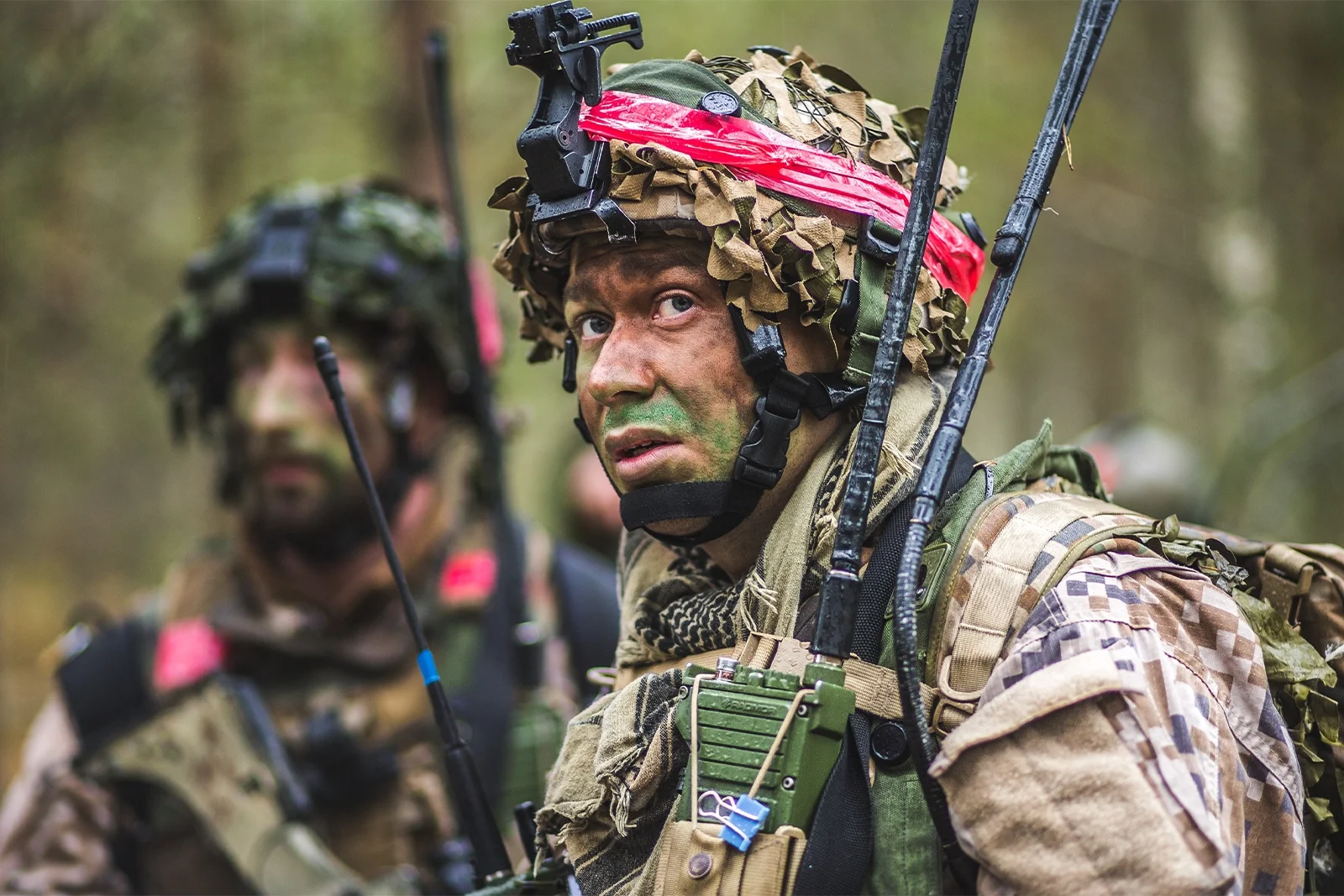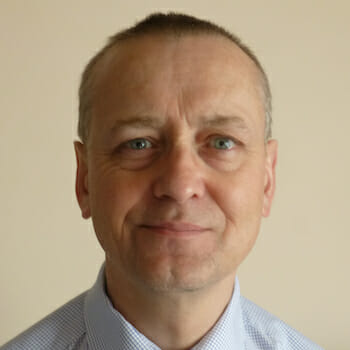
NATO Reassesses Its Role in a Fractured World
As world leaders descend on The Hague for what many are calling NATO’s most consequential summit in years, a fresh Pew Research poll reveals that nearly two-thirds of American adults still see tangible benefits in NATO membership—a reminder that public backing endures even as political tempers flare.
This two-day summit, held on June 24–25, marks President Donald Trump’s first since winning re-election. His prior appearances were anything but quiet: he rebuked allies for failing to meet defense spending goals and repeatedly floated the possibility of a U.S. withdrawal from the alliance altogether.
Now, as Air Force One touches down in the Netherlands, those past provocations echo louder than ever. The White House has issued a blunt warning: Washington may no longer guarantee its protective umbrella to any NATO country that doesn’t meet its financial obligations. President Trump has dramatically upped the ante, pushing for a new defense spending benchmark—5 percent of GDP—a figure that sent ripples through European capitals.
The stage seemed set for a transatlantic showdown over military budgets until the news cycle was abruptly hijacked by fresh instability in the Middle East, following U.S. airstrikes on Iranian nuclear infrastructure.
In remarks just ahead of the summit, U.S. Senator Jeanne Shaheen, a Democrat on the Senate Foreign Relations Committee, offered a more conciliatory view. “Our European allies feel the same. Despite the rhetoric and the trade practices from this administration, our allies continue to recognize NATO’s value, perhaps now more than ever,” she said.
Shaheen emphasized the urgency of intensifying pressure on Vladimir Putin to end the war in Ukraine. “As NATO Secretary General [Mark] Rutte has said, ‘We are all on the eastern flank now.’ The reality of this shared vulnerability is clear. If Putin wins in Ukraine, he will not stop there. He’s already sent troops into Belarus and threatens the Balkans, the Baltic states, and the Black Sea. And Russia’s ambitions also continue to play out over our own borders—through the Kremlin’s repeated attacks on our financial institutions and energy infrastructure.”
The sense of shared danger has lent the summit a sharpened tone. A NATO spokesperson underscored that leaders will focus on enhancing deterrence and defense, ensuring the alliance has the necessary resources, forces, and capabilities “to face any threat.” The agenda includes flashpoints far beyond Ukraine: migration, the Western Balkans, and the unfolding Middle East crisis.
Across the Rhine, urgency was also felt in Strasbourg, where the European Parliament convened an emergency debate on the summit. High Representative for Foreign Affairs Kaja Kallas joined lawmakers in calling for a more unified transatlantic posture. Adam Bielan, foreign affairs coordinator for the European Conservatives and Reformists, endorsed Trump’s 5 percent GDP defense spending target by 2035, arguing that it would bring Europe closer to parity with the U.S. “Today, we face a dramatically changed security environment: from Russia’s never-ending bloodthirst in Ukraine to the escalating crisis in the Middle East and a renewed axis of autocracies,” he warned. “For us on NATO’s Eastern flank, we know too well that NATO is and should remain the irreplaceable shield of our freedom and our security, as well as the strongest deterrent against those who seek to undermine peace in our region.”
Bielan’s remarks carried an unmistakable undertone: that Ukraine’s war is Europe’s war—and by extension, NATO’s war. “Ukraine continues to fight not only for its sovereignty but for the rules-based international order that has been protecting Europe for decades. Victory for Ukraine must remain NATO’s strategic objective.”
But for some European lawmakers, the summit represented an opportunity to redirect attention toward less conventional, yet equally destabilizing, threats. Anders Vistisen, a Danish MEP from the right-wing Patriots for Europe bloc, castigated the chamber for its “strategic blindness” to mass migration, Islamisation, and what he described as the Iranian regime’s malign influence. “Iran is not just a Middle Eastern problem, it is a European problem,” he said, citing Tehran’s record of sponsoring terrorism on European soil, funding jihadist networks, and, more ominously, nearing nuclear capability.
With long-range missiles reportedly within weeks of completion, Vistisen warned that Tehran now has major European cities like Paris and Berlin within reach. He argued that European leaders were guilty of “moral hypocrisy” in their treatment of Israel. “Let’s be honest: Israel is doing our dirty work,” he said. “They are confronting a regime we know is a root cause of instability. And for this, we repay them not with applause but with lectures and accusations. It is shameful.”
Calling for nothing short of regime change, Vistisen urged both NATO and the EU to “adopt a principled and resolute approach” to Iran. “No European is safe as long as the ayatollahs rule Tehran. There will be no peace, no stability, and no safety until the Iranian regime is overthrown and its nuclear missile programme dismantled — completely and for good.”
Inside the summit chambers, leaders will wrestle with such hardline postures and policy prescriptions, hoping to forge a unified path forward. For some, that unity must begin with hard cash. The European People’s Party, the largest bloc in the EU Parliament, made it clear that increasing military spending is not negotiable. “We are at a crossroads,” said Nicolas Pascual de la Parte, the EPP Group’s spokesman on security and defense. “Europe is facing an imperialist Russia under Putin that marched into Ukraine and threatened European security. It is time for firmness, assertiveness, and leadership.”
The Socialist bloc, meanwhile, issued its own challenge. “Move beyond promises,” said Spanish MEP Iratxe Garcia Perez. “It’s time to deliver.” She echoed the growing call for a “stronger European pillar within NATO,” more robust support for Ukraine, and an alliance grounded not only in interests but also in democratic values.
Adding a historical lens to the present-day urgency, Denis MacShane, former Europe Minister under Tony Blair, offered a cautiously optimistic view. He pointed to new leadership in Berlin, London, and Paris—Chancellor Merz, Prime Minister Starmer, and President Macron—as a sign that Europe may finally be regaining its strategic footing. “NATO is back on the map and in play,” MacShane told this outlet. “Now they need to convert that into a new Euro defence industry partnership model and end the Balkanised cottage industries of so many penny packet national defence manufacturing.”
That, in many ways, is the crux of the summit: not just affirming NATO’s purpose, but modernizing its machinery. With threats multiplying across regions and dimensions, the transatlantic alliance is being called to act less like a Cold War relic and more like a 21st-century bulwark. The test is whether it still can.
